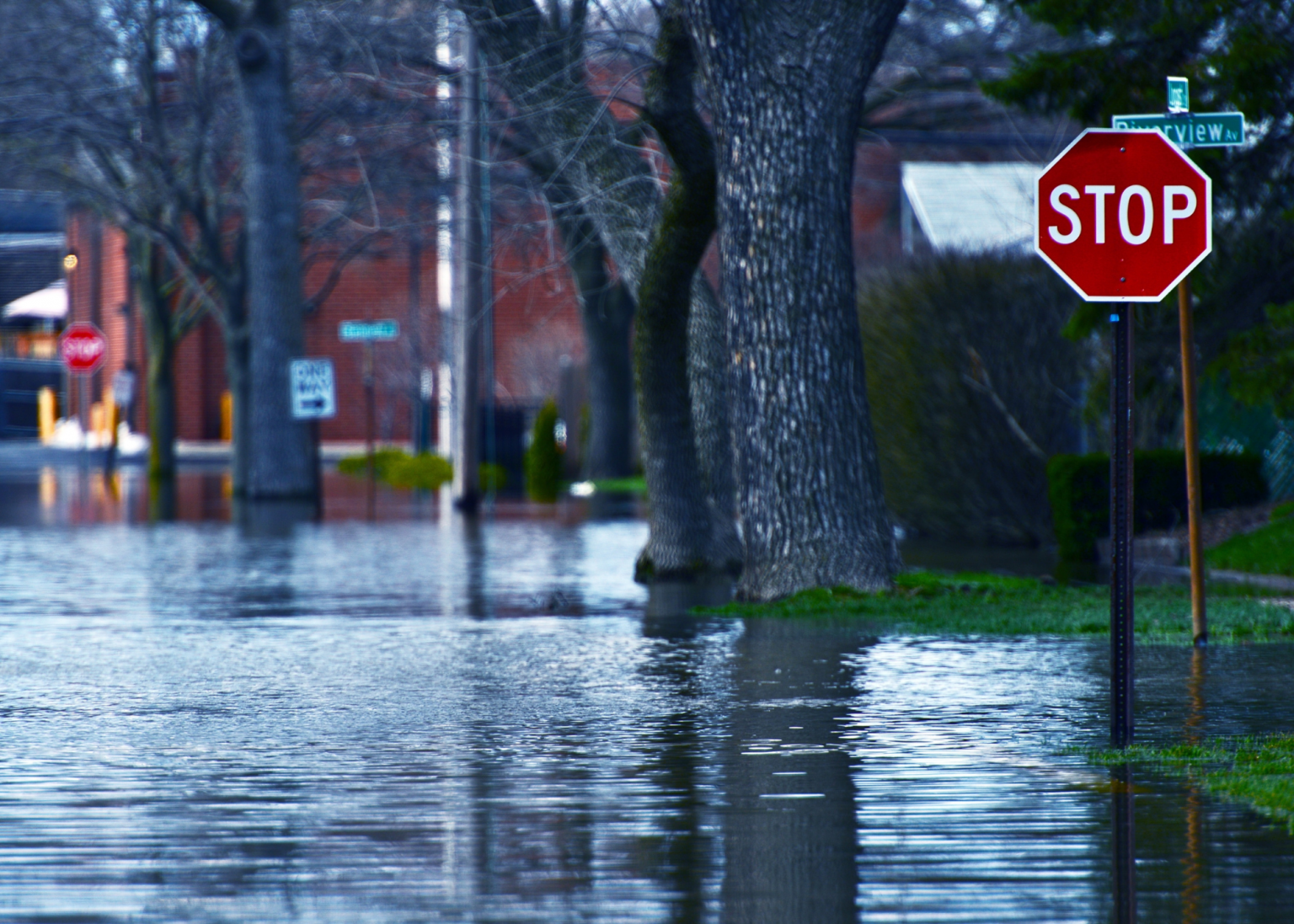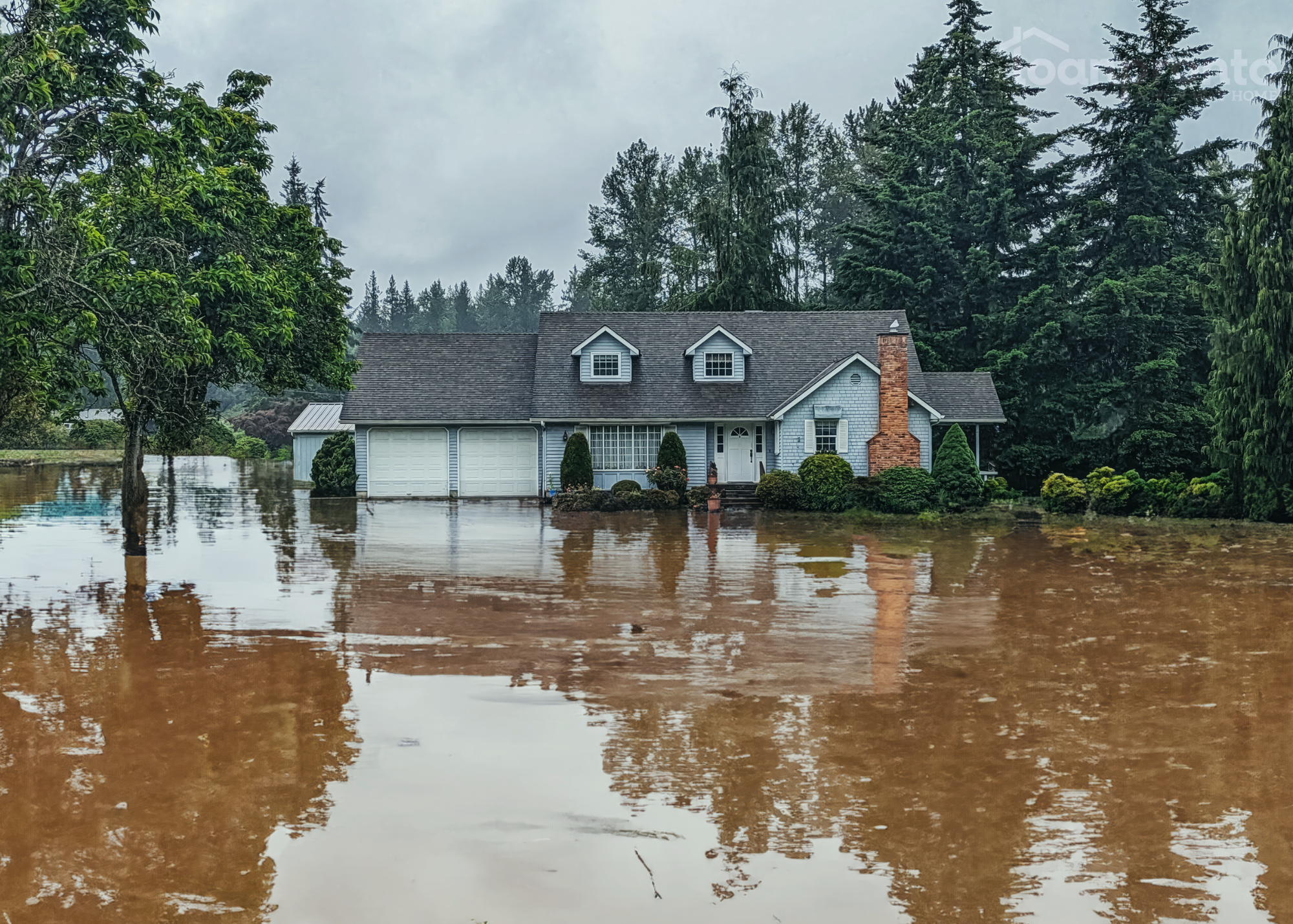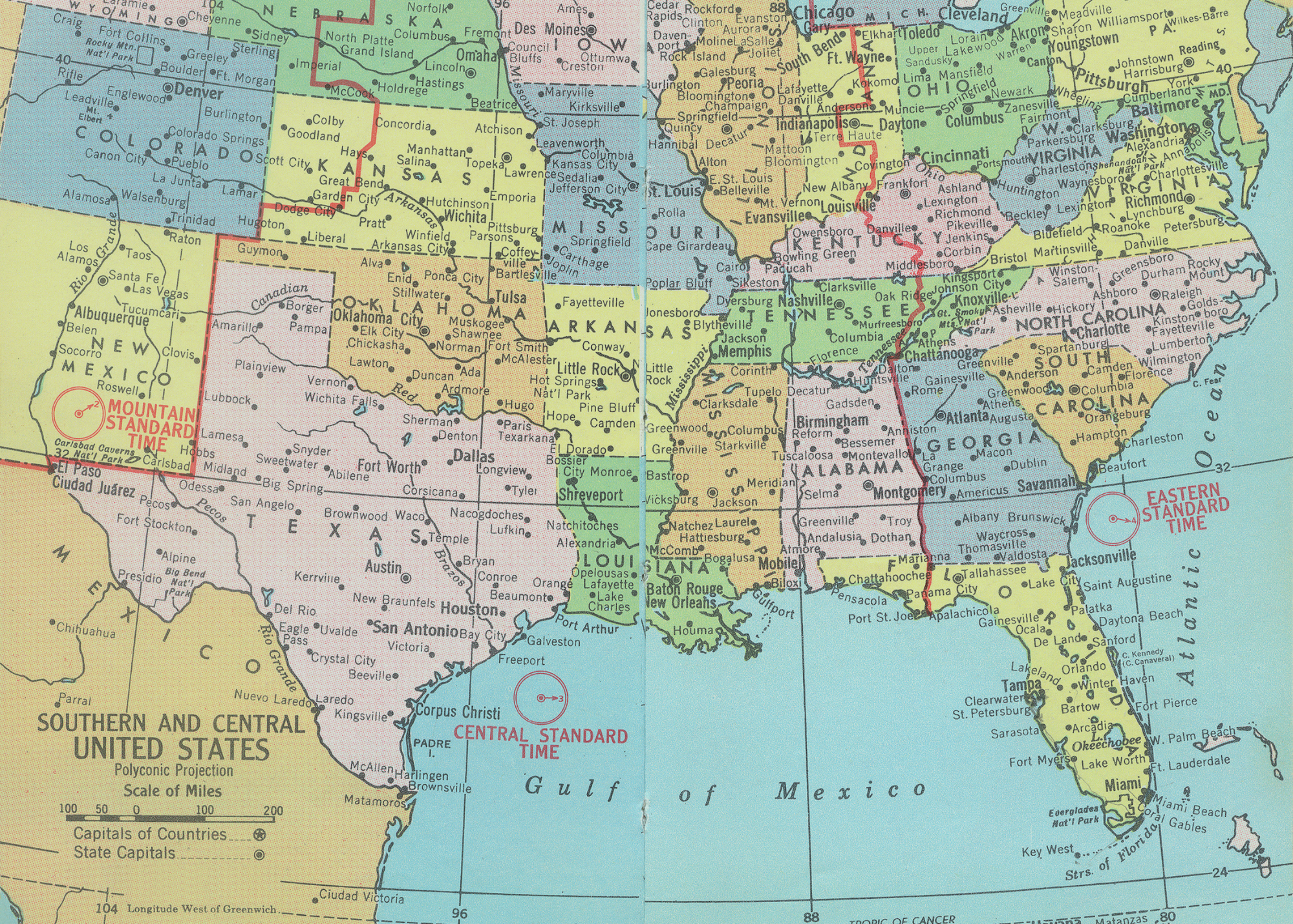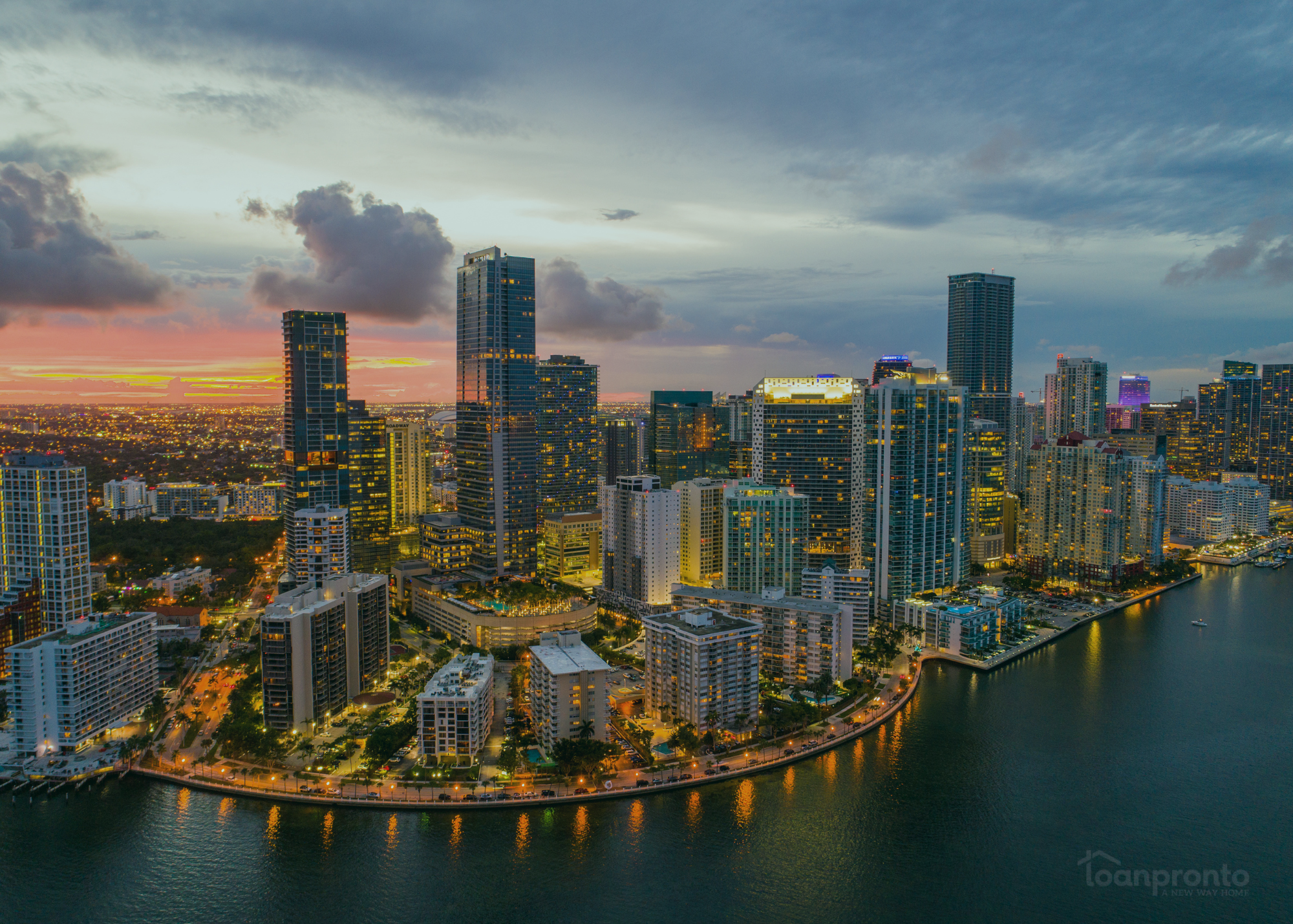Key Takeaways
-
Flood insurance is mandatory for homes in high-risk flood zones.
-
FEMA flood maps determine risk, and these maps can change.
-
Buying in a flood zone can mean lower prices, but long-term costs are higher.
-
Preventive measures reduce damage, but risks remain.
Owning a waterfront property appeals to many buyers, but purchasing a house in a flood zone comes with added financial and safety considerations. According to FEMA, just one inch of water can cause up to $25,000 in damage. If you’re planning to buy a home in a flood-prone area, it’s essential to understand the risks, insurance costs, and preventive steps before making a decision.
What Is a Flood Zone?
A flood zone is an area designated by the Federal Emergency Management Agency (FEMA) based on flood risk. These zones help homeowners, buyers, and lenders assess potential exposure to flooding.
| Flood Zone Type | Risk Level | Chance of Flooding |
| High-Risk Zone | Significant | At least 1% chance per year (26% over a 30-year mortgage) |
| Moderate-Risk Zone | Moderate | Lower annual probability, but still possible |
| Minimal-Risk Zone | Low | Small likelihood, but no property is fully risk-free |
You can use FEMA’s Flood Map Service Center to check a property’s designation.
Risks of Buying a House in a Flood Zone
Purchasing a property in a flood zone carries unique risks:
- Flood damage: Even minor floods can destroy flooring, drywall, furniture, and personal belongings. Severe flooding may make a home uninhabitable.
- Cost of flood insurance: Standard homeowners insurance excludes flood damage. Separate coverage through the National Flood Insurance Program (NFIP) or private insurers is required, and annual premiums may cost thousands.
- Resale challenges: Homes in high-risk zones can be harder to sell due to insurance expenses and buyer hesitation.
Advantages of Buying in a Flood Zone
Despite the risks, there are benefits that attract many buyers:
| Advantage | Why It Matters |
| Lower purchase price | Homes in flood zones are often more affordable compared to similar properties outside these areas. |
| Waterfront lifestyle | Proximity to lakes, rivers, or oceans offers recreation, scenic views, and desirable living conditions. |
Mortgage Considerations for Flood Zone Properties
Financing a house in a flood zone is similar to other properties, with one key difference: lenders require flood insurance. Proof of coverage must be provided before closing.
When budgeting, include both your mortgage payment and flood insurance premiums. A mortgage pre-approval will help you understand affordability with these added costs factored in.
Key Questions to Ask Before Buying
When evaluating a home in a flood-prone area, ask:
- What is the property’s FEMA flood zone designation?
- What is the home’s flood history? (Verify even if disclosures aren’t required in your state.)
- Has flood mitigation been implemented, such as levees, drainage systems, or elevated construction?
- Can FEMA flood maps change and affect insurance rates?
- Is flood insurance available and affordable for this property?
Tips for Protecting a Home in a Flood Zone
If you move forward with a purchase, take preventive steps to reduce risk:
| Protection Strategy | Benefit |
| Elevate utilities | Reduces damage to HVAC, electrical, and plumbing systems. |
| Install flood vents/barriers | Helps water flow safely and reduces structural pressure. |
| Use water-resistant materials | Flooring, walls, and insulation withstand water better. |
| Have an evacuation plan | Ensures family safety during emergencies. |
Bottom Line
Buying a house in a flood zone isn’t automatically a deal breaker, but it requires careful planning and budgeting. Understanding FEMA flood designations, factoring in flood insurance costs, and implementing protective measures are critical steps. For some buyers, the lower purchase price and waterfront lifestyle outweigh the risks. For others, the long-term costs and challenges may be too high. Consult your real estate agent and mortgage lender to evaluate whether a flood-zone property aligns with your financial goals and lifestyle.
FAQs About Buying a House in a Flood Zone
No SSN required. Zero impact to credit. Your Information is never sold.



